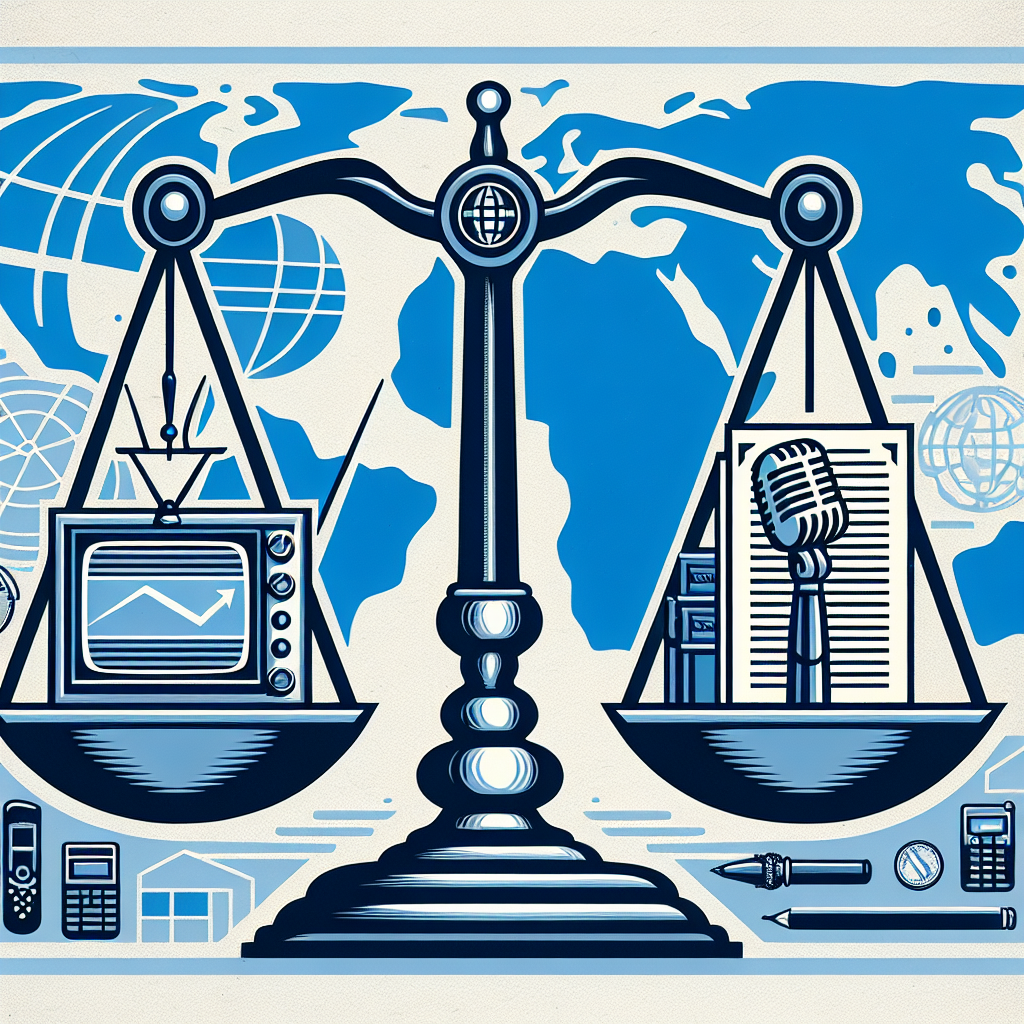In recent years, IPTV (Internet Protocol Television) has become a popular alternative to traditional cable and satellite television services. With its wide range of channels and on-demand content, IPTV offers consumers more flexibility and control over their viewing experience. However, before diving into the world of IPTV, it is important for consumers to understand the legalities surrounding this technology.
One of the main concerns surrounding IPTV is the issue of copyright infringement. Many IPTV services offer access to copyrighted content without proper authorization from the content owners. This can lead to legal implications for both the service providers and the consumers who use their services.
In some countries, watching IPTV content without the proper licensing or authorization can be considered illegal. Consumers who use IPTV services that offer pirated content may be at risk of facing legal action from copyright holders. It is important for consumers to be aware of the legality of the content they are accessing through IPTV services and to choose providers that have the proper licensing agreements in place.
Another legal consideration for consumers using IPTV services is the issue of geo-blocking. Some IPTV services may offer content that is only licensed for specific regions or countries. Attempting to access this content from outside of the authorized region may violate copyright laws and terms of service agreements. Consumers should be cautious when using IPTV services that offer content restricted to certain regions and should ensure they are not circumventing any geo-blocking measures.
Additionally, consumers should be aware of the legality of IPTV devices and applications. Some IPTV devices and applications may come pre-loaded with software that allows for the unauthorized streaming of copyrighted content. Using these devices or applications to access pirated content can result in legal consequences for consumers. It is important for consumers to only use IPTV devices and applications that are legal and legitimate.
To ensure they are using IPTV services and devices legally, consumers should look for providers that have the proper licensing agreements in place and offer content that is authorized for distribution. It is also important for consumers to read and understand the terms of service for the IPTV services they are using and to abide by any geo-blocking restrictions that may be in place.
In conclusion, while IPTV offers consumers a wide range of viewing options and flexibility, it is important for consumers to be aware of the legalities surrounding this technology. By choosing legitimate and licensed IPTV services and devices, consumers can enjoy the benefits of IPTV without running afoul of copyright laws and regulations. Being informed and responsible about the legalities of IPTV is essential for consumers looking to explore this popular television technology.


Leave a Reply